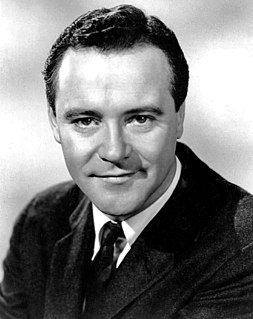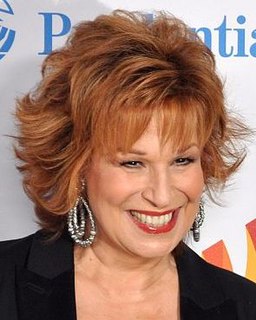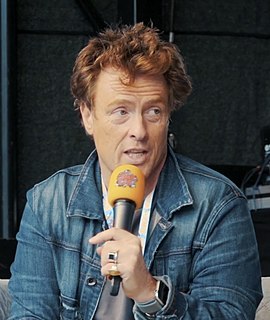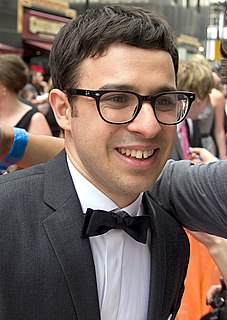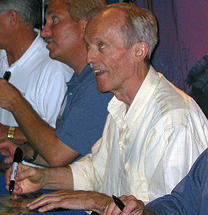A Quote by Jack Lemmon
Acting doesn't have anything to do with listening to the words. We never really listen, in general conversation, to what the other person is saying. We listen to what they mean. And what they mean is often quite apart from the words. When you see a scene between two actors that goes really well you can be sure they're not listening to each other - they're feeling what the other person is trying to get at. Know what I mean?
Related Quotes
The difference between listening and pretending to listen, I discovered, is enormous. One is fluid, the other is rigid. One is alive, the other is stuffed. Eventually, I found a radical way of thinking about listening. Real listening is a willingness to let the other person change you. When I’m willing to let them change me, something happens between us that’s more interesting than a pair of dueling monologues.
We cannot define anything precisely. If we attempt to, we get into the paralysis of thought that comes to philosophers, who sit opposite each other, one saying to the other, "You don't know what you are talking about!" The second one says, "What do you mean by know? What do you mean by talking? What do you mean by you?"
What I enjoy most with acting is when it's a good scene with one or two other actors, and you feel a strong connection and you don't know how you're going to respond, and everybody is listening to each other and getting affected by each other, and even though you've rehearsed it many times, it feels like it's happening right now.
What I enjoy most with acting is when it's a good scene with one or two other actors, and you feel a strong connection, and you don't know how you're going to respond, and everybody is listening to each other and getting affected by each other, and even though you've rehearsed it many times, it feels like it's happening right now.
As far as people communicating with each other well I think that listening is important. You know really trying to read between the lines of what some body is saying and trying to read their mind a little bit where there at because most people don't really say what they're feeling. Which is the bones of great literature.
When I started out as an actor, I thought, Here's what I have to say; how shall I say it? I began to understand that what I do in the scene is not as important as what happens between me and the other person. And listening is what lets it happen. It's almost always the other person who causes you to say what you say next. You don't have to figure out how you'll say it. You have to listen so simply, so innocently, that the other person brings about a change in you that makes you say it and informs the way you say it.
My parents were entirely unpredictable and what they said very unreliable, which meant I became very attuned to the range of other signals human beings give out - body language or what Freud graphically called the "betrayal that oozes out of him at every pore," betrayal, that is, of what they really mean. I have that to this day, and it makes conversation exhausting because I'm listening not just to the words of the person in front of me but also to their body. It's as if there are two radio stations on at the same time.
Listening is the oldest and perhaps the most powerful tool of healing. It is often through the quality of our listening and not the wisdom of our words that we are able to effect the most profound changes in the people around us. When we listen, we offer with our attention an opportunity for wholeness. Our listening creates sanctuary for the homeless parts within the other person. That which has been denied, unloved, devalued by themselves and others. That which is hidden.
We think of music as this substance that flows - you turn on the tap, and there it is, streaming off your computer - but that's not how we evolved as a species. We evolved to listen to each other, and the reason we're able to listen to music in the terms is talking about is because we're really good at listening to each other. But this kind of technology has allowed us to forget that music is the sound of each other.
